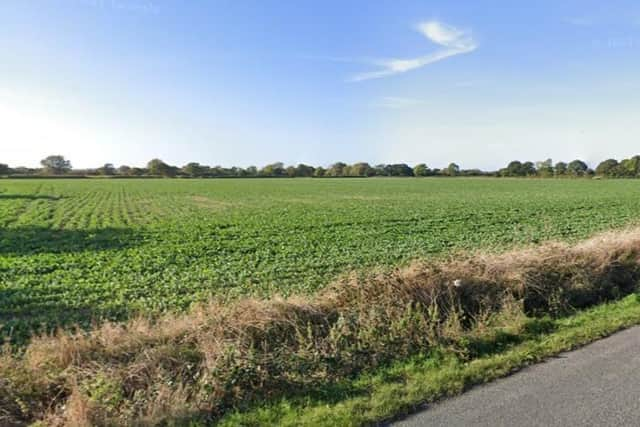Developers could start paying Doncaster Council for building on green spaces in ‘biodiversity offsetting contribution’ fee
and live on Freeview channel 276
Following feedback from recent public consultation on a Supplementary Planning Document (SPD) around Biodiversity Net Gain, it is proposed that the DMBC sets a Biodiversity Offsetting Contribution fee at £25,000 per Biodiversity Unit.
This fee would be in place until the winter of 2023 for it to be replaced by a Statutory Biodiversity Credit introduced by central government.
Advertisement
Hide AdAdvertisement
Hide AdAs an example, the council says a playing field is ‘not very special’ as it has a ‘low distinctiveness habitat that is widespread and common’.


It is a ‘poor condition grassland’ because it is mown frequently and has few species and little structural diversity. A hectare of playing field would be worth two units or £50,000.
But an area of species rich limestone grassland is a ‘very special, high distinctiveness’ habitat as it is ‘rare and not widespread’.
Depending on management, it could vary in condition, but a grazed meadow with lots of species, few weeds and little damage would be considered to be in good condition. A hectare would be worth £517,500 – or 20.7 units.
Advertisement
Hide AdAdvertisement
Hide AdCouncil bosses say having a biodiversity offsetting contribution fee will provide developers a‘final option’ that they can use to allow them to deliver biodiversity net gain as part of their development.
The money collected from biodiversity offsetting fees will allow new habitat creation projects to take place across Doncaster.
The fundamental principle of biodiversity net gain is that development leaves the natural environment in a ‘measurably better state than it was before a development occurred’.
Locally, Leeds is the only other council that has set a biodiversity offsetting contribution at £25,000 per unit. Sutton in London has set a fee of £93,570 per biodiversity unit while Cornwall uses a per unit fee of £28,679.
Advertisement
Hide AdAdvertisement
Hide AdHelen Markland, principal ecologist at DMBC, said: “While no fixed contribution is likely to be welcomed by developers, setting a biodiversity offsetting contribution fee will add certainty to the biodiversity net gain requirement at Doncaster Council.
“One thing we know the development industry does welcome is upfront certainty around the likely planning contribution demands from the local planning authority so that these can be factored into land transaction costs at the outset.